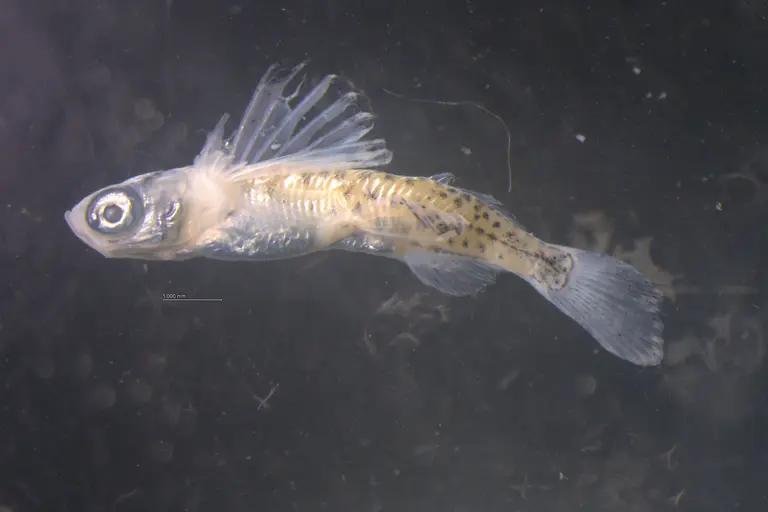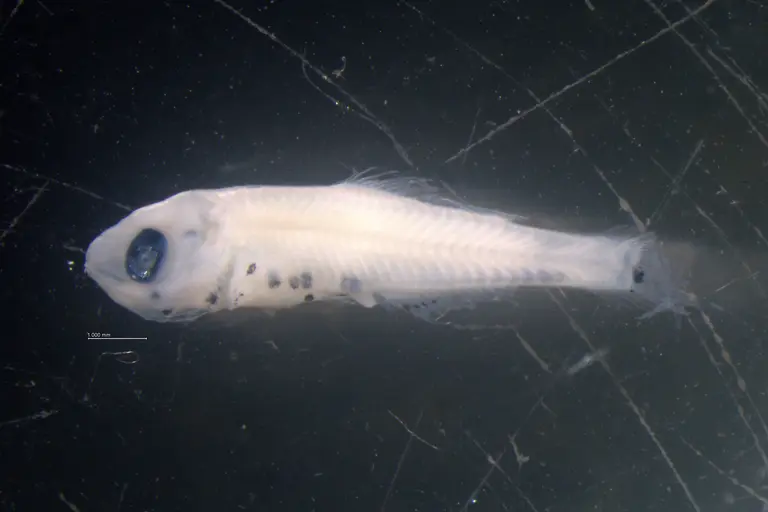

The waters of Korea are getting warmer.
Over the past decade, the global average sea temperature has risen by 0.2 degrees. During the same period, the temperature of the East Sea of Korea has increased by 1.8 degrees. This is the result of a combination of persistent high-temperature phenomena in the North Pacific and increased inflow of the Tsushima Current into the East Sea.
This year, seven subtropical fish species have newly appeared in Korean waters. Some species have increased their migration distances by relocating their habitats. It has been confirmed that the conch has moved 340 km. Changes in species distribution lead to significant changes that disrupt the balance of existing ecosystems.
The mackerel, known as the national fish, has seen a significant decrease in domestic coastal catch due to rising sea temperatures and changes in ocean currents causing fish schools to migrate northward and disperse. There have also been frequent cases where medium to large individuals do not reach spawning age. This has raised alarms not only for the decrease in catch but also for population maintenance. The price of mackerel has surged by 127%, and the winter dining table has begun to shake.
Amidst these changes, movements to prepare for the future have begun. The National Fisheries Research Institute's Subtropical Fisheries Research Institute is observing changes in marine environments and fishery resources centered around the Jeju waters, seeking resource management and recovery solutions.
In particular, they are focusing on developing future-oriented aquaculture technologies. In a situation where existing aquaculture species are threatened by high sea temperatures, they are exploring the aquaculture potential of subtropical species that are resilient to climate change and can create high added value. This is an attempt to find new opportunities in a changed environment beyond mere adaptation.
Researchers are continuously monitoring the impacts of marine warming and pollution on species ecosystems, paving the way for sustainable fisheries. While there is great regret over the disappearing traditional fishing environment, they are laying the roots for new marine food sources for future generations through scientific exploration and innovative technology development.
Climate change is an unavoidable reality, and the waters of Korea are at the forefront of this change. At the same time, there is a task to find deep reflections on the marine environment and sustainable alternatives. Changes in species due to rising sea temperatures can be both a crisis and an opportunity for discovering new fishery resources.
What is needed in this time of transition is accurate diagnosis through scientific research, future-oriented technology development, and policy support that can disseminate this throughout society. By wisely responding to the rapidly changing marine environment and opening up new horizons for the fishing industry, we can expect a richer and more sustainable marine future.

![[Scenario] 2026 Global Wildfire Calendar: The Unending Cycle of Flames](https://cdn.breathjournal.com/w400/q80/article-images/2025-10-01/83cbd0d7-c7c9-4101-b4f6-e39cff028d87.png)

![[Focused Planning] 2026 Global Wildfire Calendar, Facing a Charred Future](https://cdn.breathjournal.com/w400/q80/article-images/2025-10-01/5be639f5-d684-4605-acb1-e0127c554e7c.png)

댓글 (0)
댓글 작성
댓글을 작성하려면 로그인이 필요합니다.
로그인하기